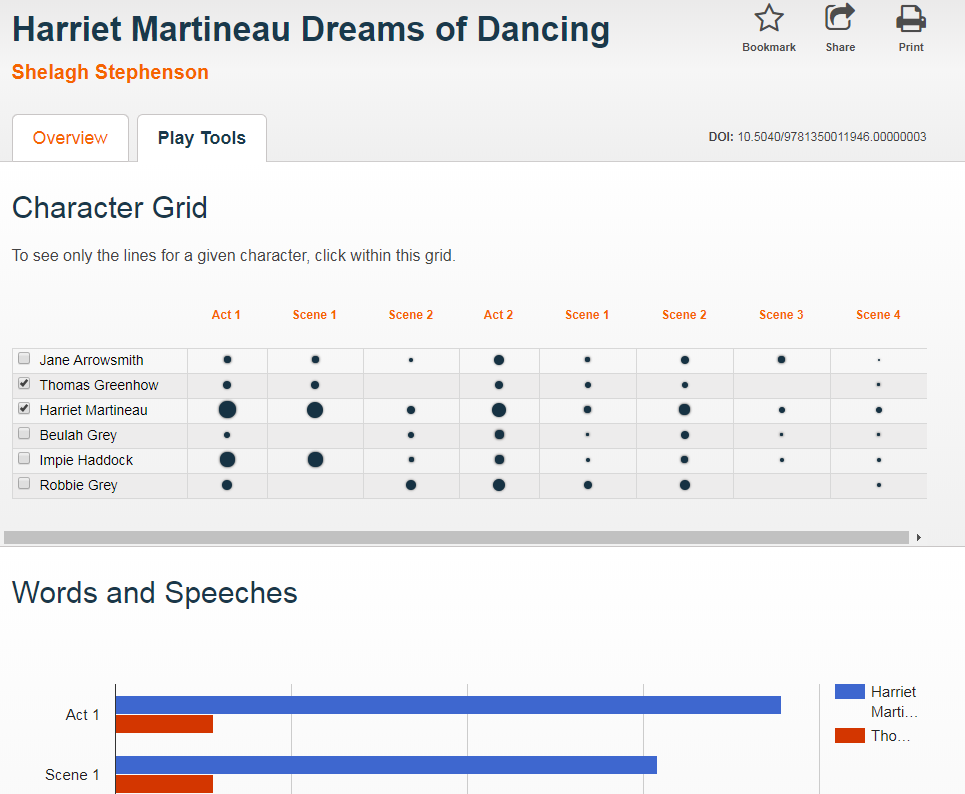 We have recently added a new module, Romantics Poetry, to our Oxford Scholarly Editions Online (OSEO) collection.
We have recently added a new module, Romantics Poetry, to our Oxford Scholarly Editions Online (OSEO) collection.
OSEO enables you to explore old works in new ways. It brings together authoritative editions of major works, so you can explore variations between editions, annotations and extensive notes side by side with the texts, or you can just read the texts on their own.
The new module means we now have access to 272 Oxford editions, containing 344 works, including poetry, prose, drama, essays and correspondence, in the following categories: Romantics Prose; Romantics Poetry; 18th Century Drama; 18th Century Prose.
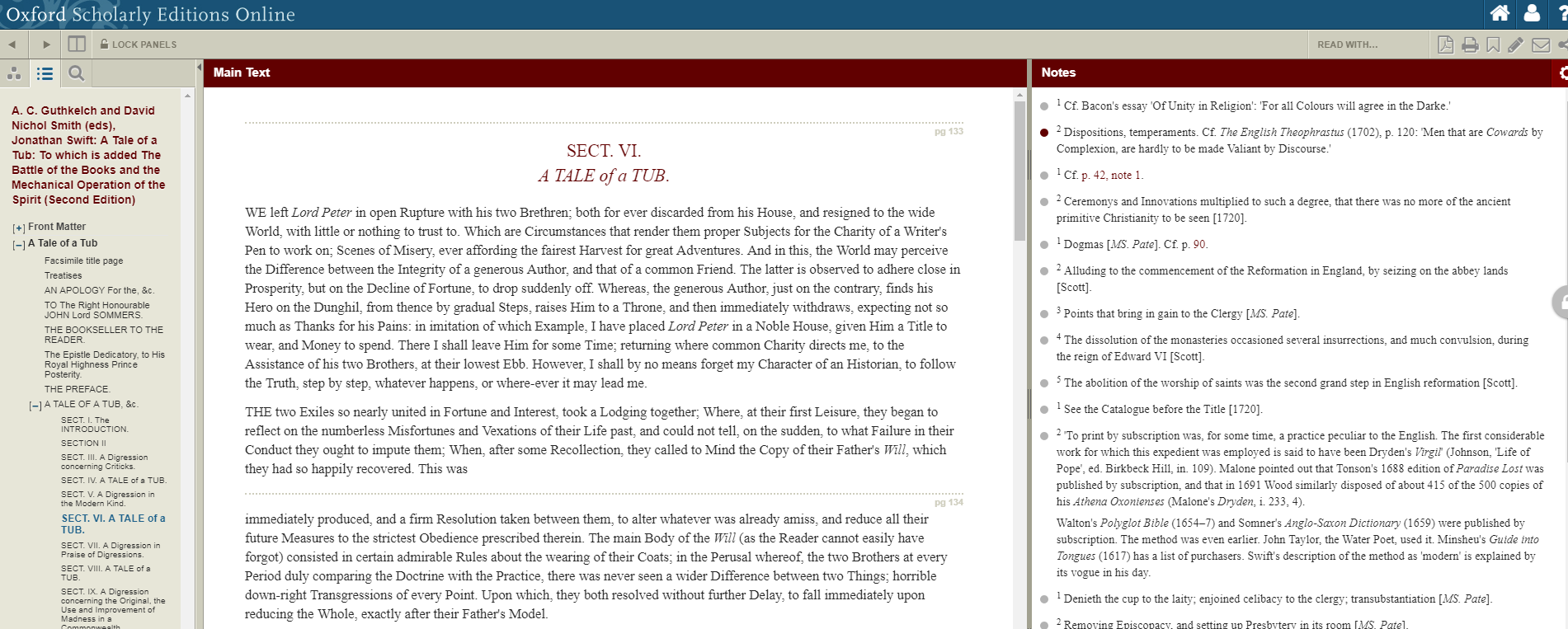
You can browse by work, edition or author, or search in highly specific ways (e.g. just search within notes or stage directions) to pinpoint exactly what you want. The editions are individually catalogued on Library Search, but we’d recommend searching for works and editions via the OSEO interface itself.

Various export and personalisation options are available.
If you haven’t used OSEO before, we’d strongly recommend watching this introductory video, so you can understand the potential of this resource and how to use it.
Have you used Oxford Scholarly Editions Online? Please feel free to post your comments and experiences by clicking Leave a comment below.




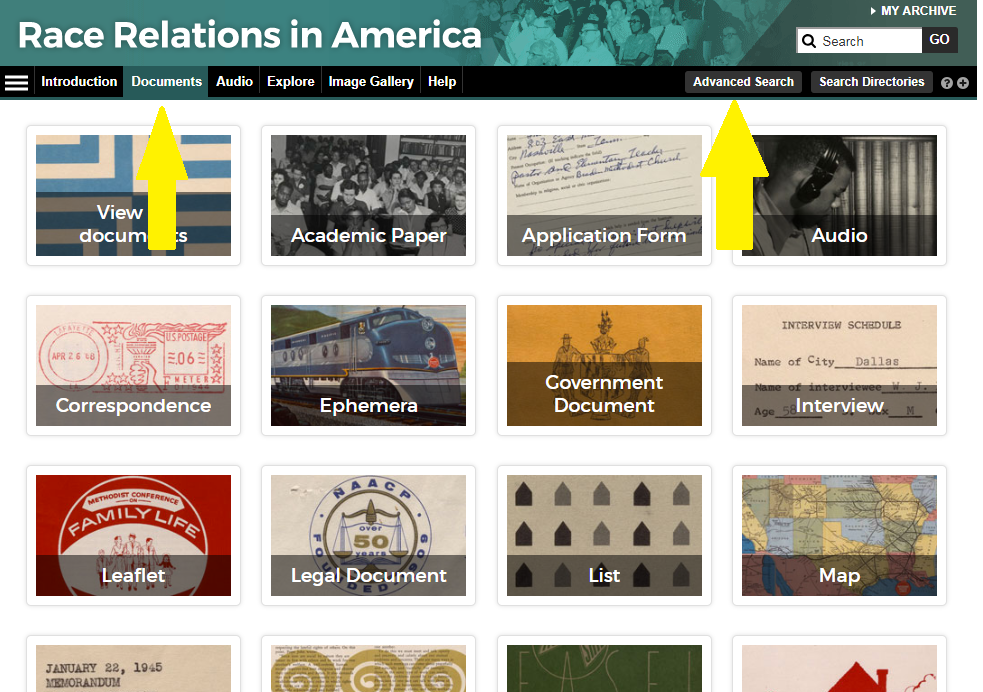



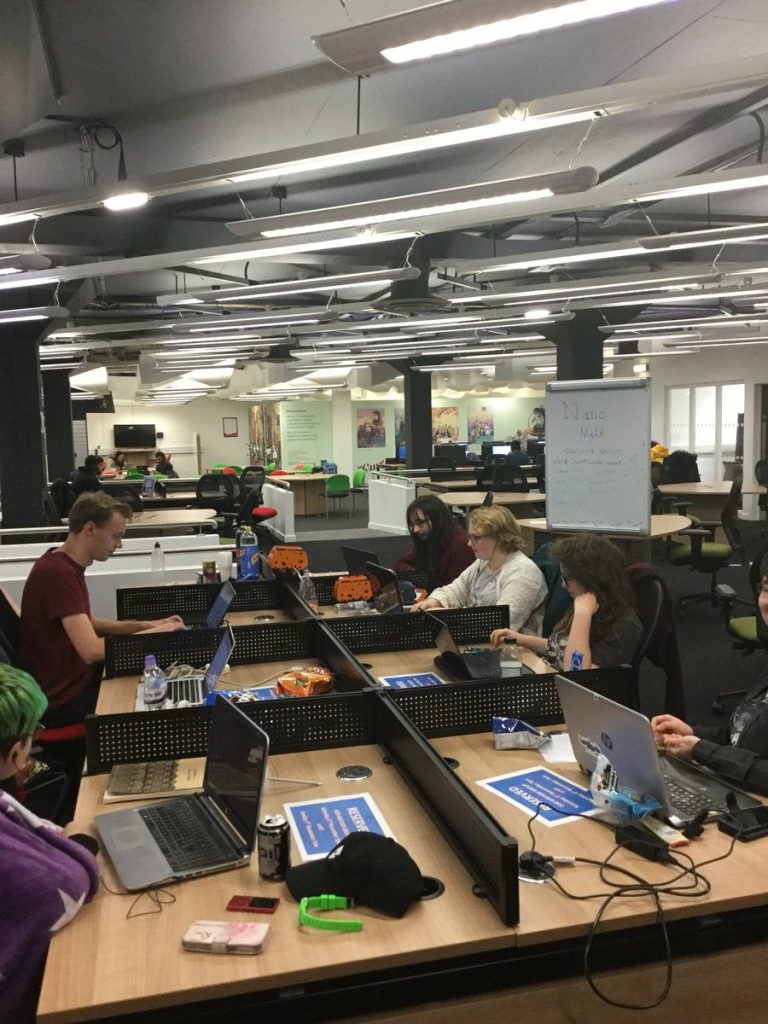 On the nights themselves, we were at the library from 7.00 a.m. until 7.00 p.m. Copious amounts of drinks and snacks were needed to support ourselves through the nights and make sure we had the energy to keep going. Library staff had been kind enough to decorate Your Space with posters and banners. We even had our own whiteboard that we used to keep track of everyone’s word counts.
On the nights themselves, we were at the library from 7.00 a.m. until 7.00 p.m. Copious amounts of drinks and snacks were needed to support ourselves through the nights and make sure we had the energy to keep going. Library staff had been kind enough to decorate Your Space with posters and banners. We even had our own whiteboard that we used to keep track of everyone’s word counts.
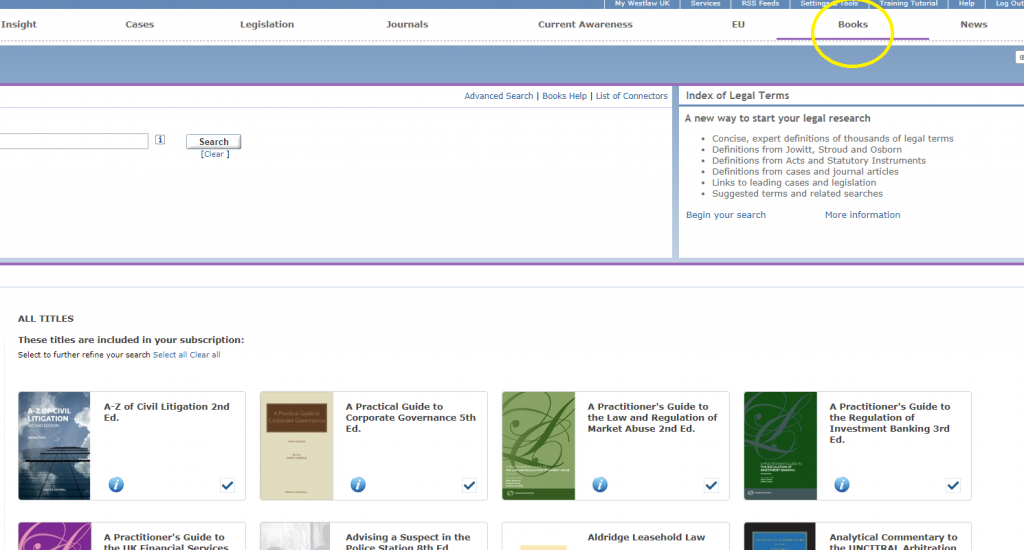

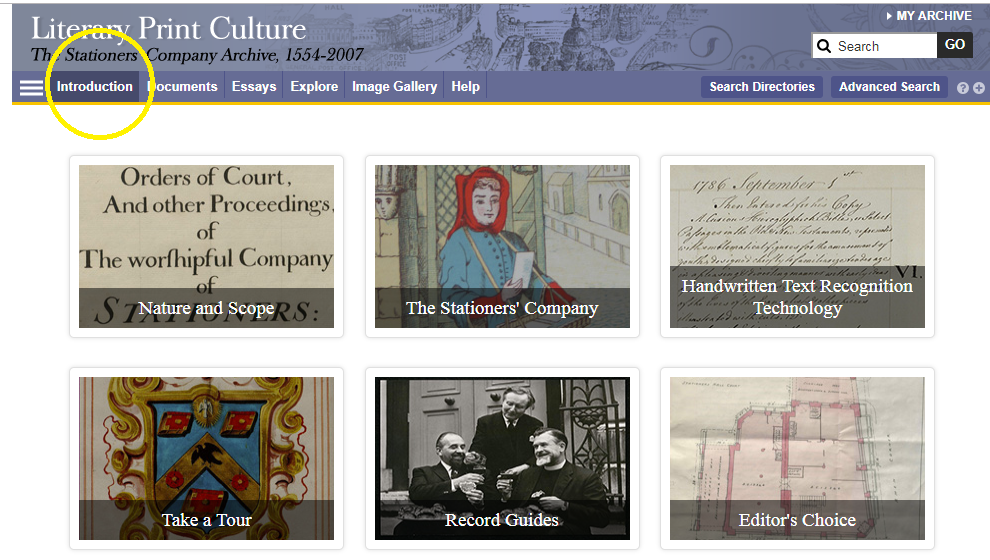
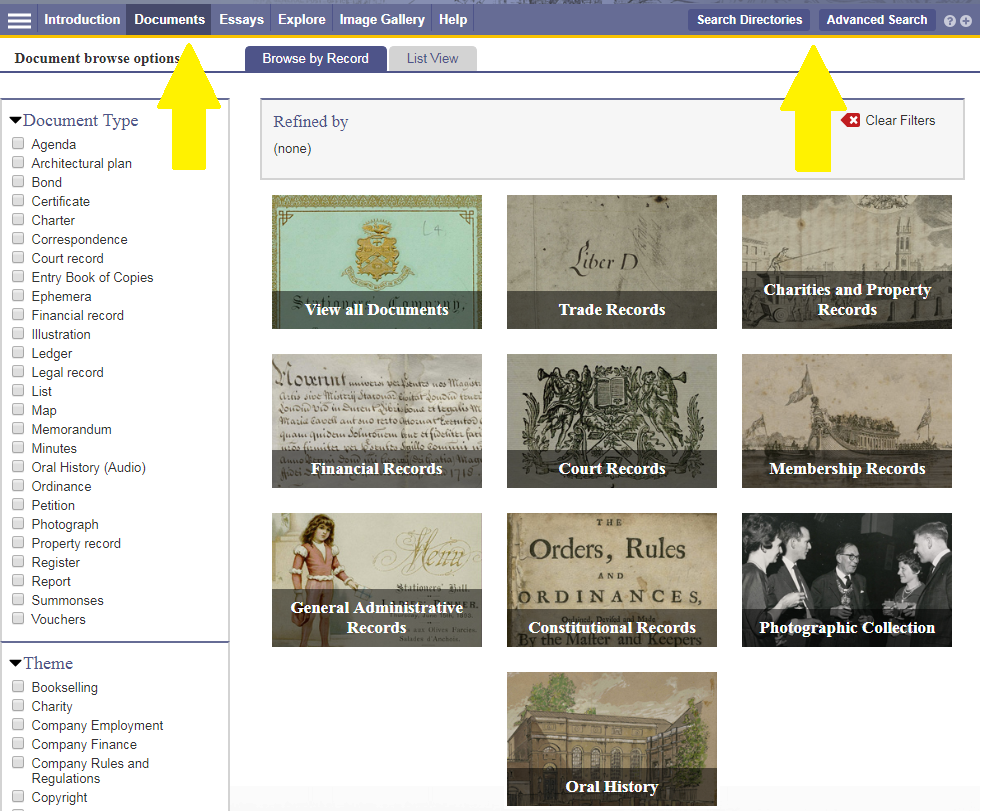 You can browse or search the archive contents by clicking Documents (to browse) or one of the two search buttons. You can filter your search in various ways, e.g. by document type, year or theme.
You can browse or search the archive contents by clicking Documents (to browse) or one of the two search buttons. You can filter your search in various ways, e.g. by document type, year or theme.
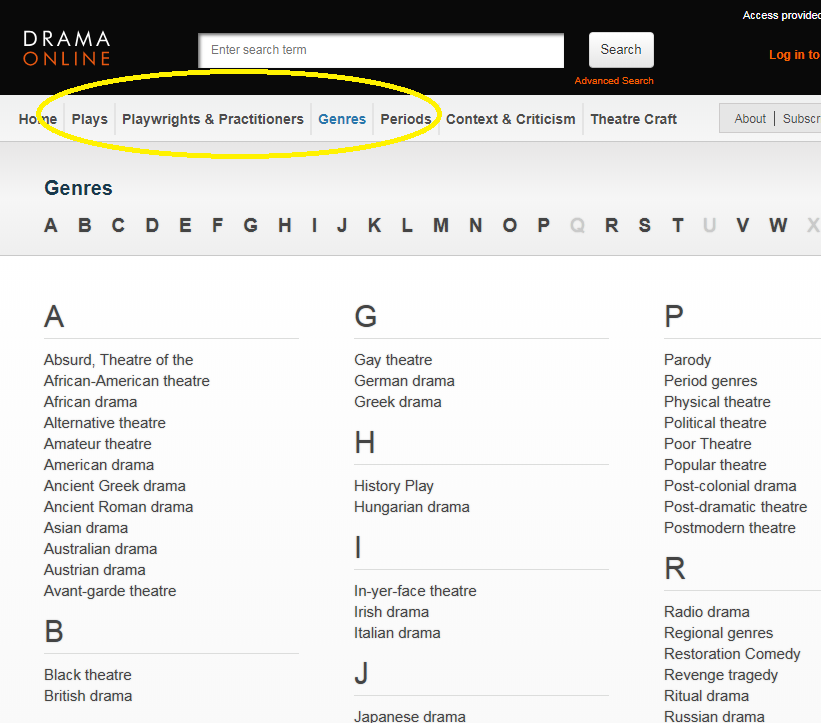 or you can search/browse them all in various ways on the Drama Online site.
or you can search/browse them all in various ways on the Drama Online site.